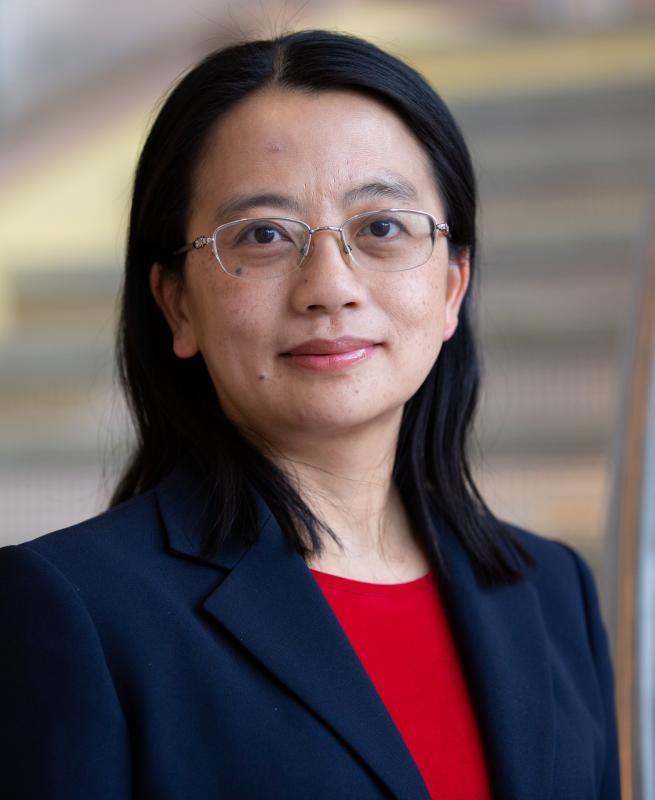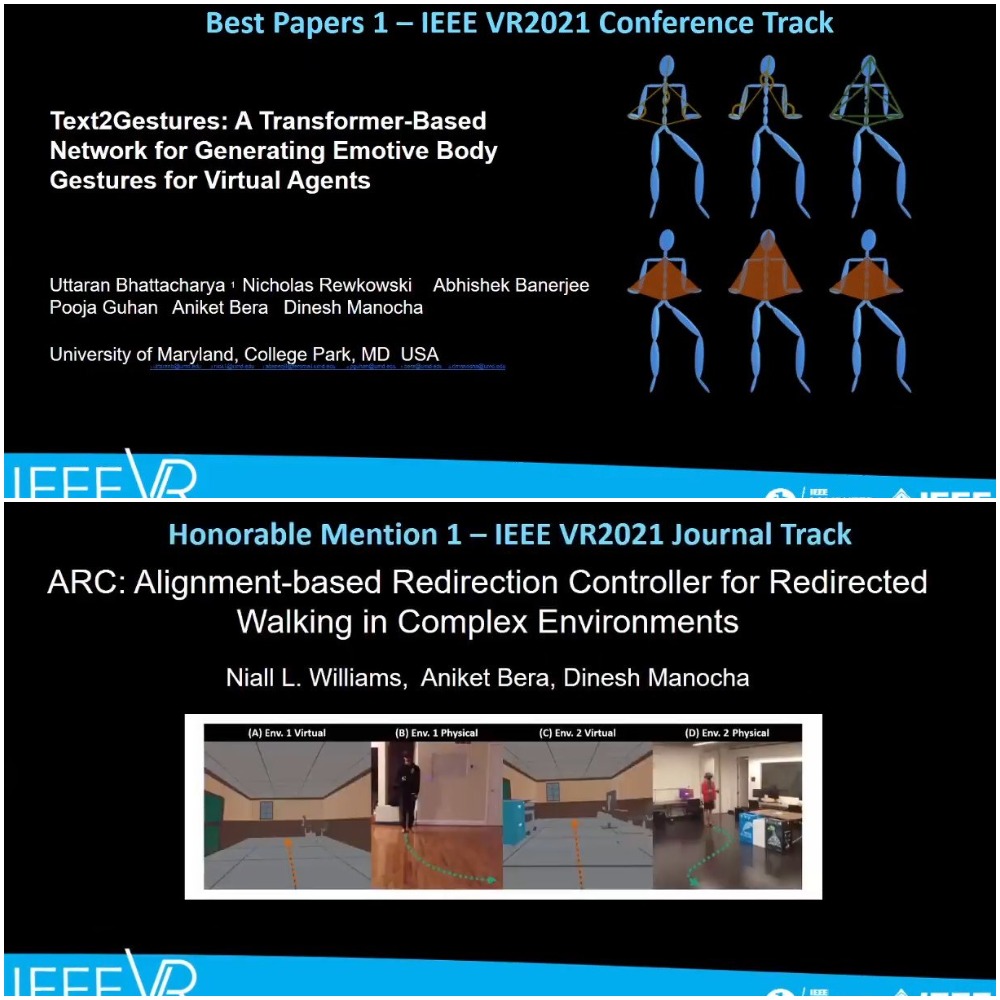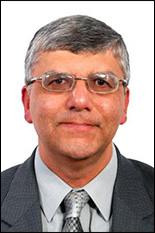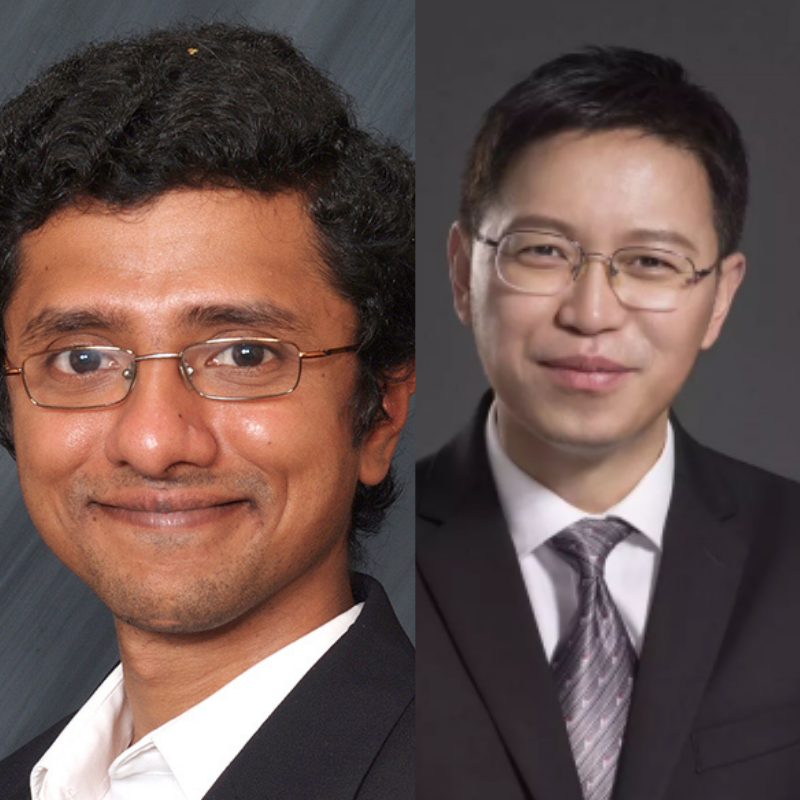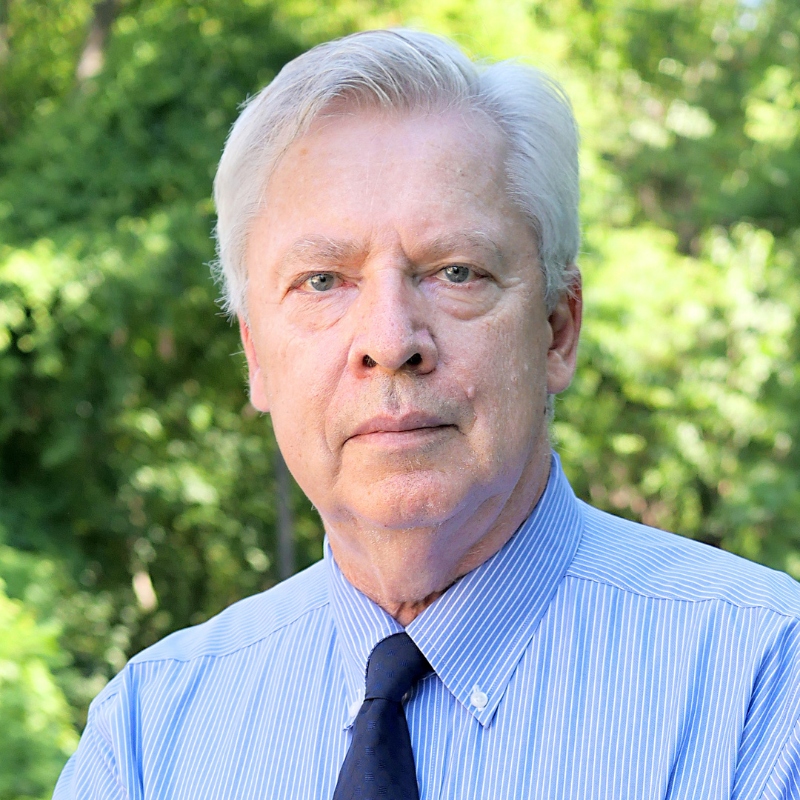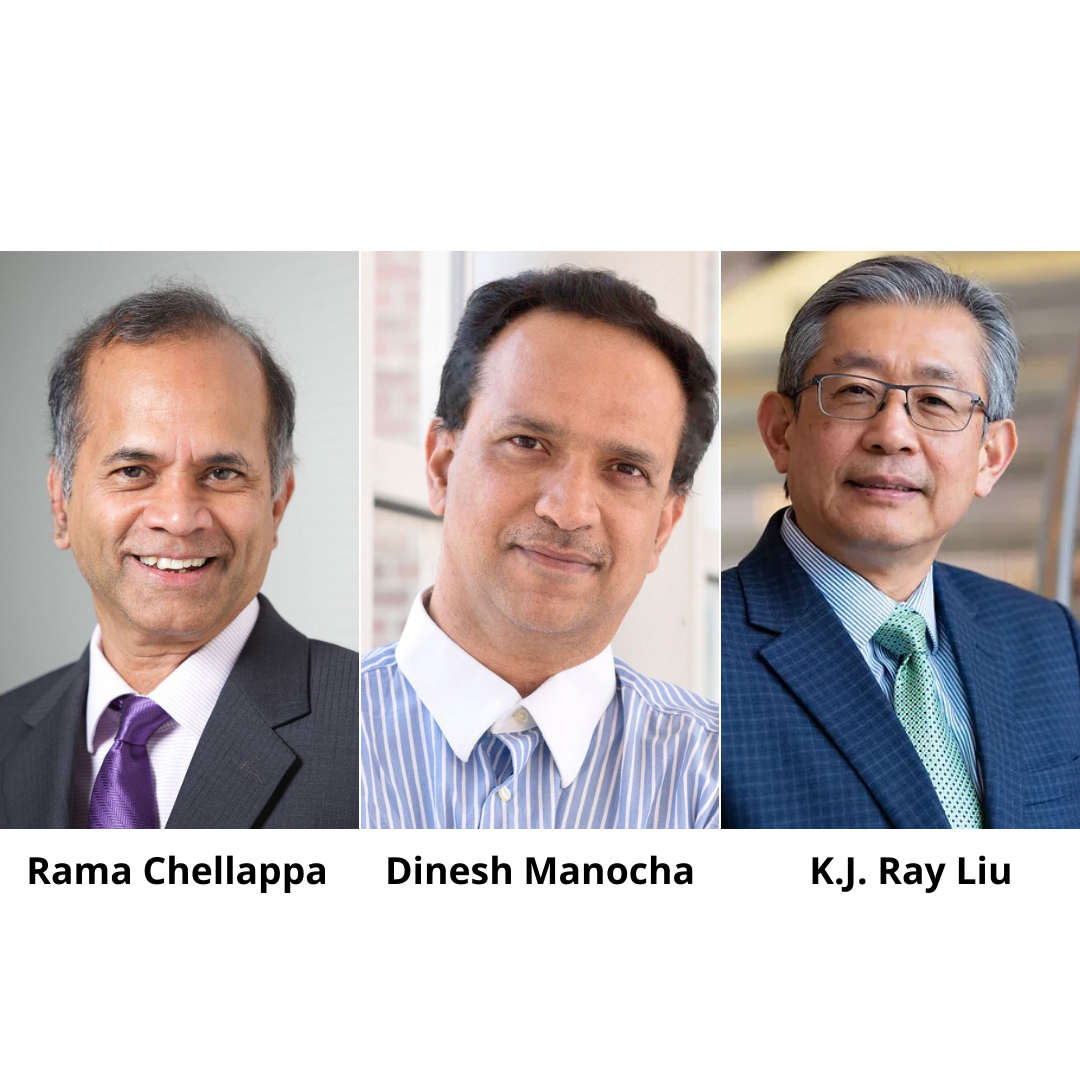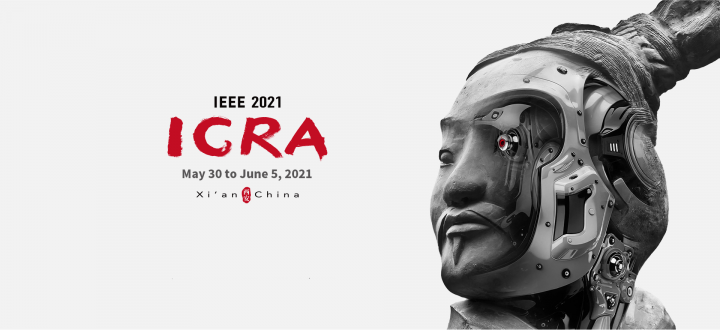News Story
Jacob, Qu Named IEEE Fellows

Professors Bruce Jacob and Gang Qu
Electrical and Computer Engineering Professors Bruce Jacob and Gang Qu have been elected Fellows of the Institute of Electrical and Electronics Engineers, effective Jan. 1, 2021. The IEEE Grade of Fellow is conferred by the IEEE Board of Directors upon a person with an outstanding record of accomplishments in any of the IEEE fields of interest. The total number selected in any one year cannot exceed one-tenth of one-percent of the total voting membership. IEEE Fellow is the highest grade of membership and is recognized by the technical community as a prestigious honor and an important career achievement.
Bruce Jacob
Professor Bruce Jacob’s citation reads, “for contributions to computer memory design and analysis.”
Jacob leads the Memory Systems Research Team at the University of Maryland, which studies devices and systems across all memory technologies, including DRAM, flash, resistive memories, SRAM, and emerging technologies. His group currently designs computer-system architectures and computer memory-system architectures for both industry and government, national and international, focusing on highly efficient designs at the High-Performance Computing level, as well as at the high-performance embedded-systems level. Jacob has helped Micron design their Hybrid Memory Cube DRAM architecture, he redesigned Cray’s memory controller for their Black Widow supercomputer memory system, he helped Northrop Grumman design a system interconnect for their experimental ultra-low-power datacenter, he designed a high-performance memory system for the 1024-core Teraflux chip, and he collaborates with researchers at the Department of Energy (DOE) on the design of their next-generation supercomputers.
Recognized internationally as a leading expert on computer memory systems, Jacob founded the annual International Symposium on Memory Systems and is regularly invited to give keynote speeches and high-level briefings on the topic of memory systems around the world. In 2007, he was one of fifteen members of academia and industry invited to brief a National Academies panel on the then-current state computing, resulting in the highly-cited NRC exascale report The Future of Computing Performance—Game Over or Next Level? In 2012, he was one of twenty members of academia and industry asked to brief the Secretary of Energy, Steven Chu, on the state of computing relative to the Department of Energy’s plans to achieve exascale-class computer performance. In 2016, he was one of a dozen members of academia and industry invited to participate with DOE in creating a roadmap for computer science and applied mathematics research at DOE in the coming decades. In 2020, he was one of four members of academia and two dozen members of industry and national labs invited to work with SRC, SIA, and DOE to develop a roadmap for memory devices and systems in the coming decade.
Jacob also has significant industry experience, particularly in the start-up industry. Before he began graduate school, he worked in Boston for two different telecommunications startup companies, serving as a software engineer at Boston Technology and then as the chief engineer and system architect at Priority Call Management.
Gang Qu
Professor Gang Qu’s citation reads, “for contributions to hardware intellectual property protection and security.”
Qu holds a joint appointment with the Institute for Systems Research, and his main research interests are in VLSI design for embedded systems with focus on low power and energy efficient embedded system design; and hardware related security, privacy and trust issues. His research group works in the general area of cybersecurity with focus on hardware security and trust.
His group has developed methods that use the hardware and physical characteristics of Internet of Things devices to build lightweight security primitives such as authentication protocols for data, users, and devices. Qu and his students use traditional CMOS, emerging nonvolatile memory technologies, and voltage over scaling technique for user and device authentication as well as GPS spoofing detection. These practical approaches are promising alternatives for the classical crypto-based authentication protocols for the embedded and IoT devices in the smart world.
On hardware-related security, privacy and trust issues, Qu’s research efforts have been focused on how hardware can help make the system more secure and trustworthy. Specifically, he and his group have proposed robust and practical architectures to implement physically unclonable functions (PUFs) on silicon. His research group is among the leaders in how to hide information into digital circuits to establish design authorship and to build trusted chips. These results have become increasingly important and valuable in the continuous struggle to protect intellectual property and electronic designs.
In the past year Qu and colleagues in China discovered VoltJockey, a critical vulnerability in modern processors caused by hardware features that can break a trusted execution environment. They have successfully broken ARM’s Trustzone and Intel’s SGX. Intel gave Qu’s team its Bug Bounty Award and acknowledged VoltJocky as a high risk vulnerability. This project has contributed significantly to the field of system security and has received a lot of attention from industry and academia worldwide.
In addition to working on reducing chip total power and energy expenditure from the perspective of design automation of integrated circuits, he has investigated how to combine hardware low power and low energy design methodologies with specific applications such as multimedia systems and sensor networks. He has also investigated energy efficient micro and nano devices with digital, analog, and MEMS components.
About IEEE
The IEEE is the world’s leading professional association for advancing technology for humanity. Through its 400,000 plus members in 160 countries, the association is a leading authority on a wide variety of areas ranging from aerospace systems, computers and telecommunications to biomedical engineering, electric power and consumer electronics.
Dedicated to the advancement of technology, the IEEE publishes 30 percent of the world’s literature in the electrical and electronics engineering and computer science fields, and has developed more than 1300 active industry standards. The association also sponsors or co-sponsors nearly 1700 international technical conferences each year.
Published November 30, 2020

